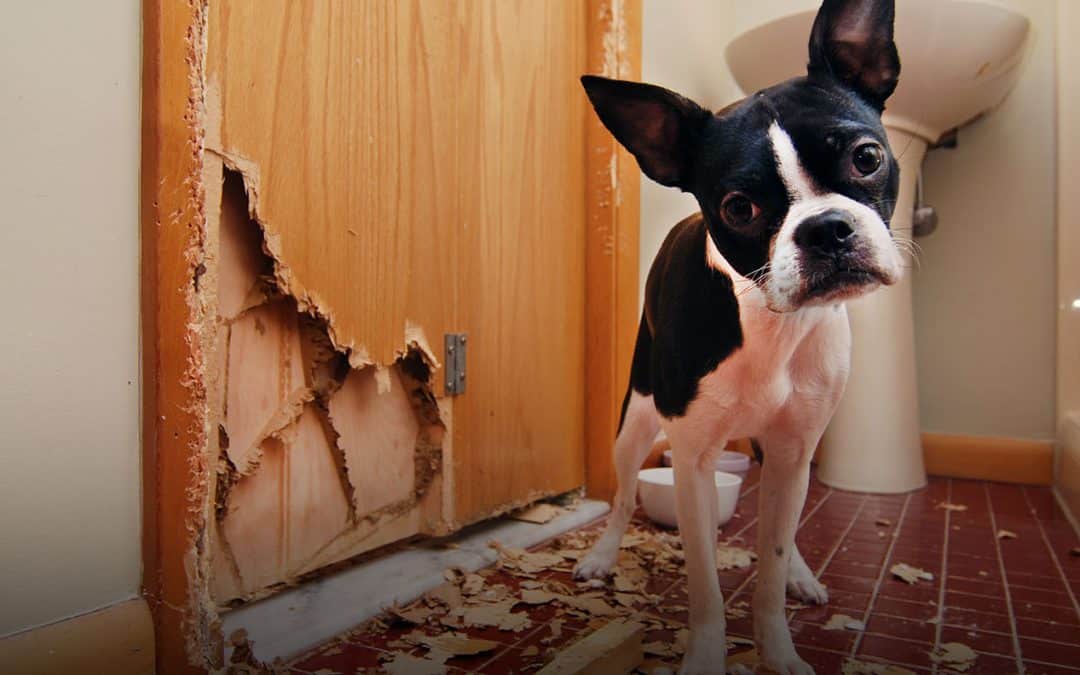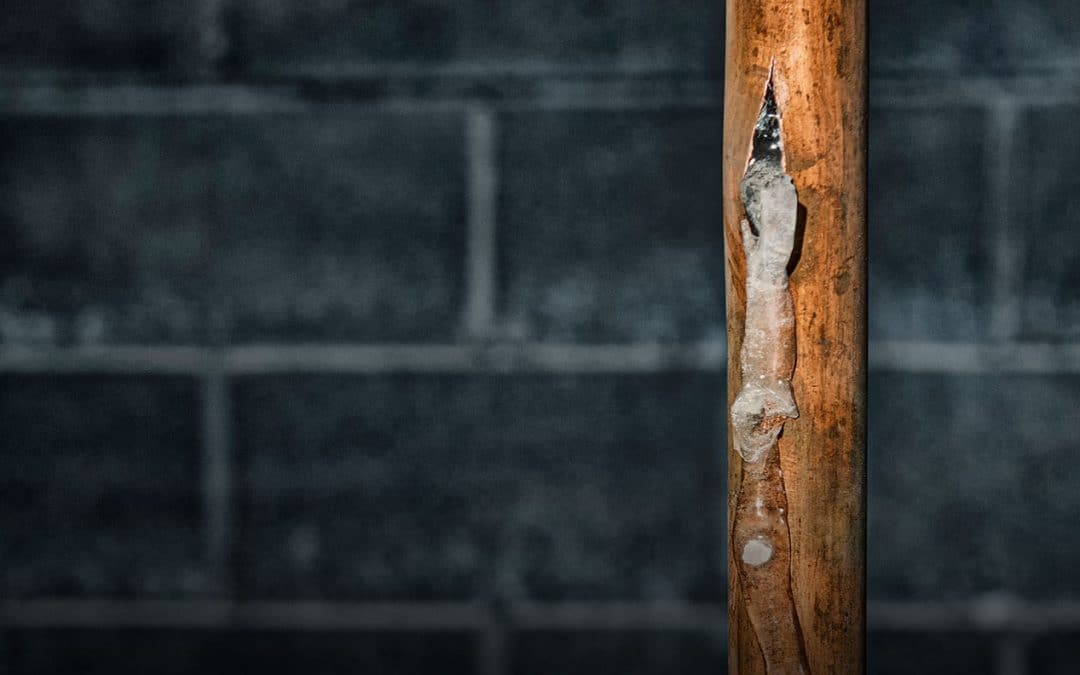You might like to display your holiday decorations for an extended period of time but things like Christmas trees can be fire hazards.
Data collected by the National Fire Protection Association (NFPA) between 2015 and 2019 for the month of January show that 160 home fires began with Christmas trees. Of those fires, there were two deaths and 12 injuries – resulting in $10 million in property damage.
While almost one third of the fires were blamed on some type of electrical malfunction with lighting equipment or decorative lights, some fires were started because a Christmas tree was too close to a heat source like a candle or other type of heating or lighting equipment, the NFPA reported.
While live Christmas trees aren’t typically up in homes very long, fire officials still want people to be vigilant.
“The longer Christmas trees remain in homes, the longer they present a risk,” said Lorraine Carli, NFPA’s vice president of Outreach and Advocacy.
In order to keep your tree from drying out quickly and becoming a fire hazard, the NFPA suggests these tips:
- Only put up a freshly harvested tree
- Cut the bottom end of the tree immediately before placing it in water
- Check the water level frequently to make sure the tree’s container is always filled
A sure sign that your tree has dried-out is when the needles come off easily. When trees are dry, it’s recommended they not be left inside the home, in the garage or even placed against the home outside because they could easily catch fire.
Once it’s time to get rid of the tree (after safely removing all lights and ornaments of course), you can take it straight to the curb for your local sanitation service to pick it up. Most municipalities will do this free of charge for a couple of weeks after Christmas.
Another option is to take advantage of your city or town’s special drop-off events if they are holding them. Check your community’s website for specific days and times.
We hope these tips will help to keep your home safe from preventable fires! To ensure you get the right coverage for your home and auto insurance, talk to an independent agent in your state or get a fast, free insurance quote in Massachusetts today to see if you could save!



